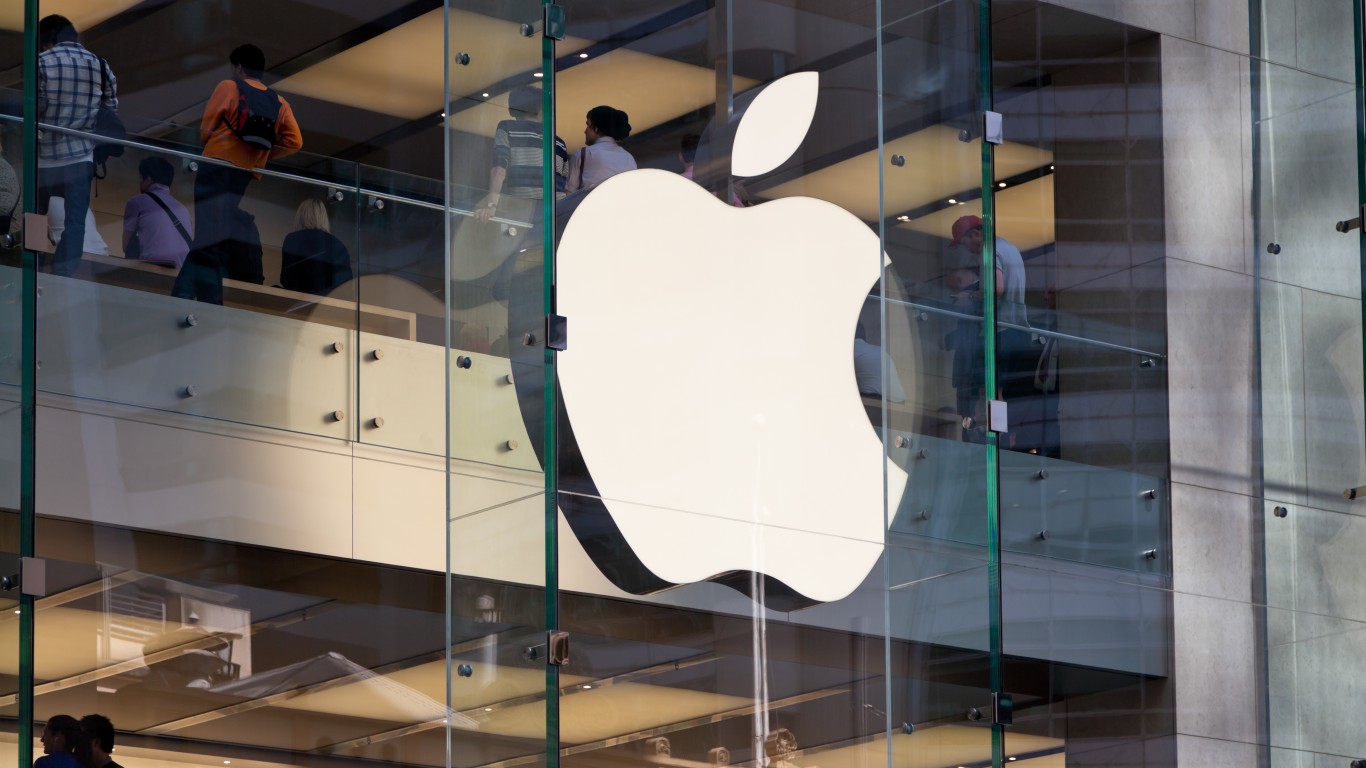
Apple is the leader in smartphone sales in the world by a large margin. Samsung is its only major competitor. While the iPhone 14’s sales have not been on fire, they have been steady and have kept Apple’s technology advantage at the vanguard of the industry. The threat to Apple’s success is something it cannot control. Its supply chain, which starts primarily in China, is falling apart.
The first challenge to iPhone manufacturing was that the Chinese shut down part of Foxconn’s manufacturing facilities because of its aggressive attempt to eliminate the spread of Covid-19. More recently, workers have clashed with police. Foxconn is Apple’s largest manufacturing facility in the world.
The worker protest is at a major Foxconn facility which, according to the FT, has 200,000 laborers. According to the paper, “Violent worker protests have erupted at the world’s largest iPhone factory in central China as authorities at the Foxconn plant struggle to contain a Covid-19 outbreak while maintaining production ahead of the peak holiday season.” Most of the protests have been caused by aggressive government Covid-19 testing.
The Foxconn problem shows how vulnerable the invulnerable Apple is. Apple may have the best product, the most demand for smartphones, the best brand, and the strongest management in the tech world. However, its Achilles’ heel is that it concentrated manufacturing in China because labor is cheap, which helps Apple’s extraordinary gross margins. These margins are the envy of the industry. Apple has not tried to put a large portion of its manufacturing outside China. This was an ingenious approach until it was not.
A large number of industries face supply problems. Some of these are domestic, primarily. The food industry is an example. Grains, eggs, and milk are shipped to food manufacturers. Problems with fuel and transportation bottlenecks have triggered shortages that have made prices surge.
Apple does not have a domestic problem. Its overseas issue is harder to solve. Apple cannot influence the Chinese government. That means the iPhone shortage could last for weeks. In the meantime, millions of phones Apple might sell won’t be sold during the important holiday sales season.
Thank you for reading! Have some feedback for us?
Contact the 24/7 Wall St. editorial team.





